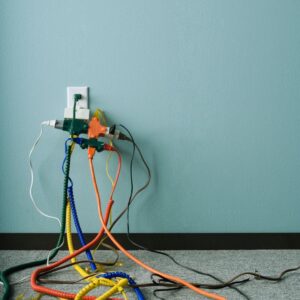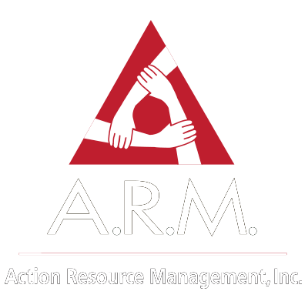 Prevent electrical burns — Electrical burns can occur when electricity comes in contact with your body – and they are serious.
Prevent electrical burns — Electrical burns can occur when electricity comes in contact with your body – and they are serious.
Note: If you get an electrical burn, see your healthcare provider immediately. Why? While electrical burns may only cause mild skin damage, they can cause severe injury to your internal organs, nerves, muscles, bones, and blood vessels.
Electrical currents can disrupt the normal functioning of the heart, lungs, and brain, leading to cardiac arrest, respiratory failure, or seizures.
Possible complications of electrical burns
- Cataracts, if eyes are exposed to electrical injury
- Central nervous system dysfunction, which can affect memory, cognition, or mood
- Fluid loss and dehydration can lower blood pressure and affect kidney function
- Heterotopic ossification, which is abnormal bone growth in soft tissues
- Hypothermia can result from loss of body heat through burned skin
- Infection can spread to the bloodstream and cause sepsis
- Scarring and contractures can limit mobility and appearance
- Neuromas, which are benign tumors of nerve tissue
- Neuropathy, aka nerve damage, that can cause pain, numbness, or weakness
Electrical burns are serious injuries that require prompt medical attention and follow-up care. If you suspect you or someone you are with has experienced an electrical burn, call 911 or your local emergency number immediately.
P R E V E N T E L E C T R I C A L B U R N S
Tips to prevent electrical burns:
-
Avoid touching live wires or outlets
-
Follow all manufacturer’s instructions when using electrical equipment or appliances
-
Throw out damaged electrical cords. Do not use electrical tape to repair a frayed or damaged cord
-
Keep away from downed power lines
-
Keep electrical cords and appliances away from water, children, and pets
-
Make sure electrical equipment is in good condition and unplugged when not in use or before repairing
-
Stay away from water when using electricity
-
Turn off the circuit breaker before working on anything electrical
-
Use child safety covers on electrical outlets if you have children or if children visit your home
-
Use ground-fault circuit interrupters (GFCIs) in wet locations, construction sites, and other high-risk areas
-
Use safety devices such as circuit breakers, ground fault interrupters, and socket covers
-
Wear protective clothing and equipment when working with electricity.
If you or someone else suffers an electrical burn
If you or someone else suffers an electrical burn, you should seek immediate medical attention, especially if the burn is deep, large, or affects sensitive areas such as the face, hands, feet, or genitals. Electrical burns can cause internal damage that may not be visible on the skin.
First-aid measures you can take while waiting for help
- Turn off the power source or separate the person from the electrical source using a nonmetallic object such as a wooden stick or a broom
- Check for signs of breathing and heartbeat and perform CPR if needed
- Cover the burned area with a sterile gauze bandage or a clean cloth
- Do not apply ice, water, butter, or ointments to the burn
- Elevate the burned body part above the level of the heart if possible
- Remove any jewelry, belts, or tight clothing from the burned area.
 Final thoughts
Final thoughts
Prevent electrical burns and related injuries by following instructions, checking equipment, cables, etc. before use, and not taking shortcuts. When you begin a new job, be sure to know where first-aid equipment is stored and what the reporting system is. If you don’t know, ask. Always follow the safety guidelines at your place of work. You can learn more about electrical burn prevention from the CDC. Be safe out there!
Learn more about A.R.M. and the services we offer here.
This post was originally written on February 27, 2021, and was updated on June 7, 2023.

